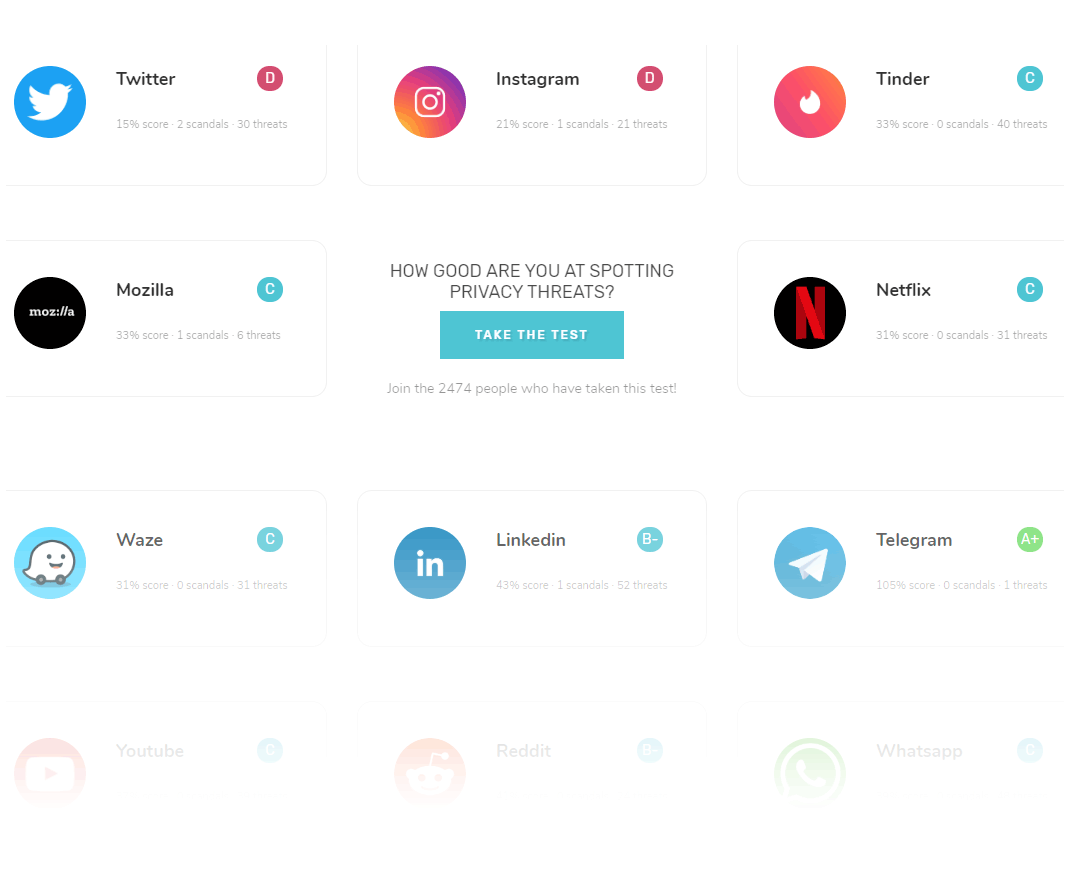
Privacy policies are created dense and confusing, and that is for reasons.
From intentionally obscure legalese to ambiguous sentences, they are kind of made in such ways so people won't (or couldn't) read and understand them all. With this fact, web services people signed up to, are given the green light to do what they want to do.
For users, one of the result is that they are simply accepting that the web services the are signing up to, can gather, store and share their data.
In other words, people are willing to give up their privacy and their data, just because they don't know what they've signed up for.
Considering this fact, developer Javi Rameerez created 'Guard', which is essentially a tool that simplifies dense and complex privacy policies of web services, down to sentences people can really understand.
The tool uses AI that reads and analyzes privacy terms of web services, so people don't have to. While it can't examine policies on request, at least yet, the AI is shown capable of rating privacy terms of popular services.
But what's particularly interesting about Guard is that, the tool can also breaks down the main threats found in web services' privacy policy, show the total number of threats, and looks at past privacy scandals services have been involved in.
Telegram for example, got an A+ score, with Guard noting that the messenger “does not have any concerning privacy threats,” nor has it been involved in any privacy scandals. This indicates a good policy that preserves users' privacy.
Tinder, Netlix, Mozilla and some others, got a C rating, indicating average or "neutral". Twitter and Instagram on the other hand, got a D, because they have several privacy threats and scandals in the past, with Guard suggesting people to avoid these services.

According to its website:
"We believe privacy should be a human right and we're working hard towards empowering everyone so this becomes a reality. The data gathered in this experiment will be handled in the most ethical and private way."
Because the tool uses AI to read and understand privacy policies, it may not always catch privacy concerns due to AI limitations at this given time. This is why the tool should be used just to get a heads up, and not to be totally relied on.
But still, the developer allows people to help train the AI by providing visitors the 'Teach AI' section, which essentially a 'game' that asks visitors to choose between two privacy policies and judge which one is the "most privacy friendly option".
This way, the AI should become better as it's trained with more data.
Eventually, Guard's AI should become efficiently better in identifying potentially damaging privacy terms in the future.